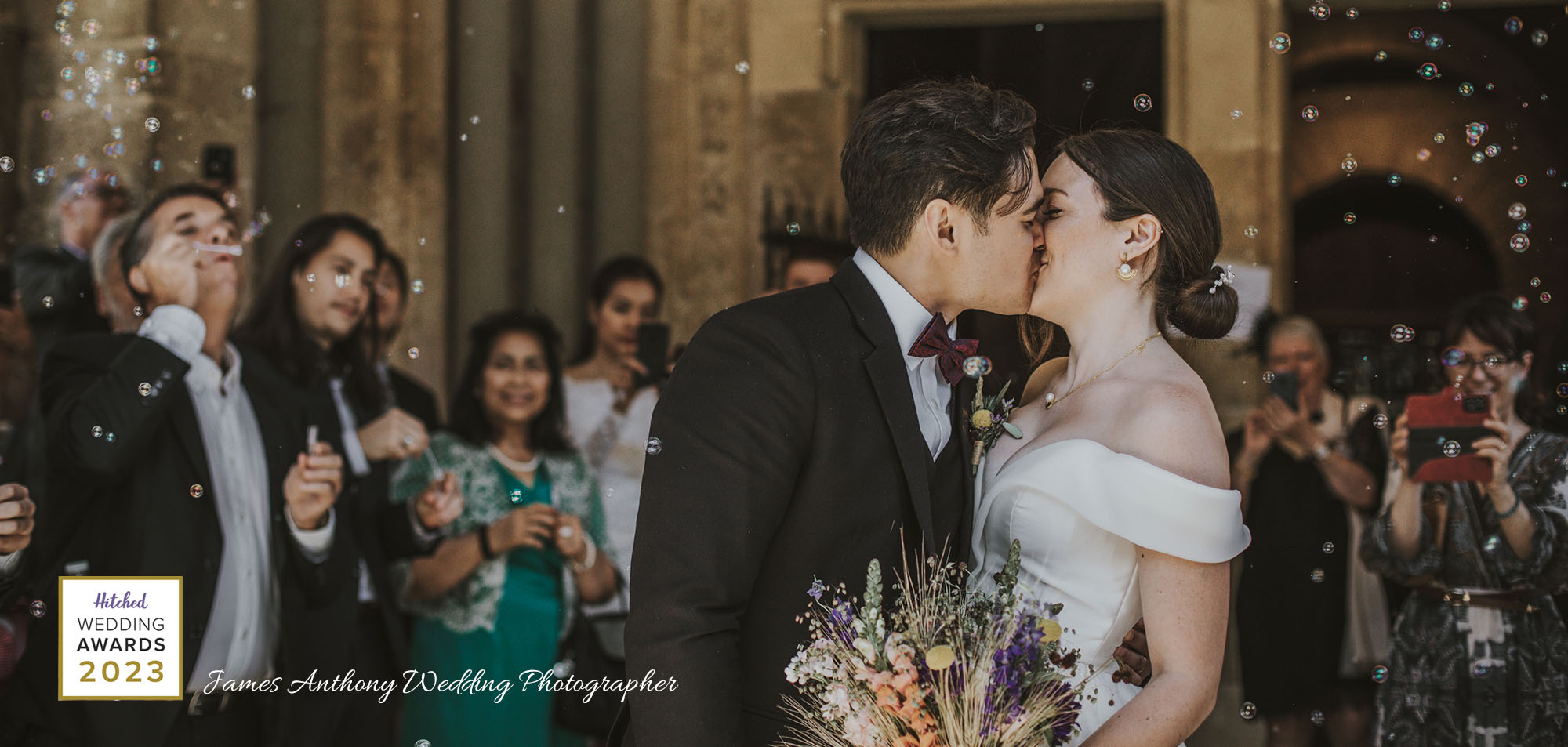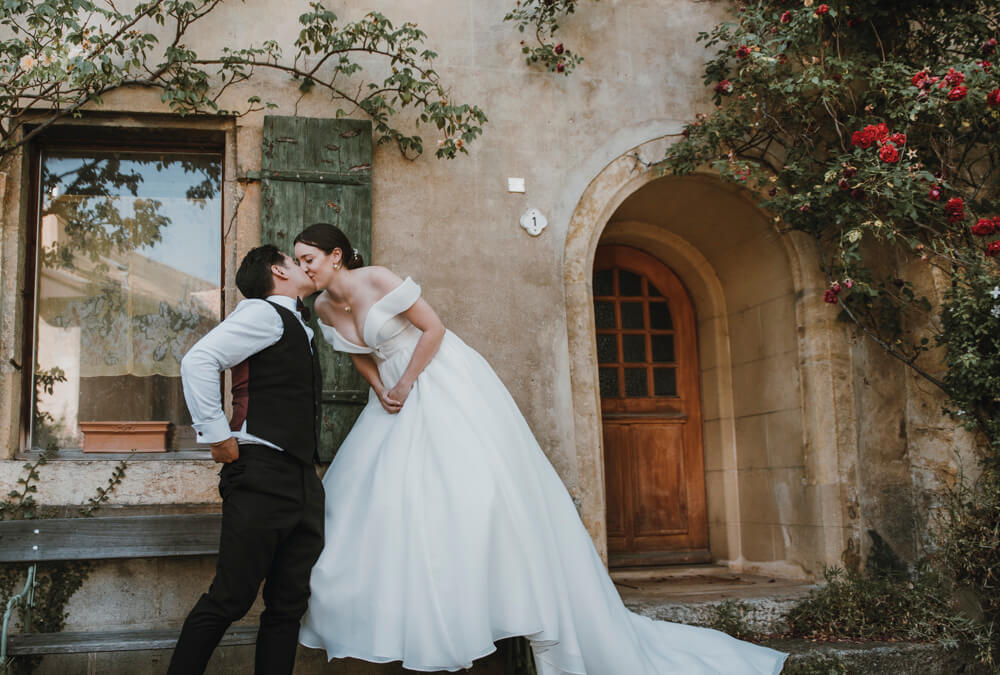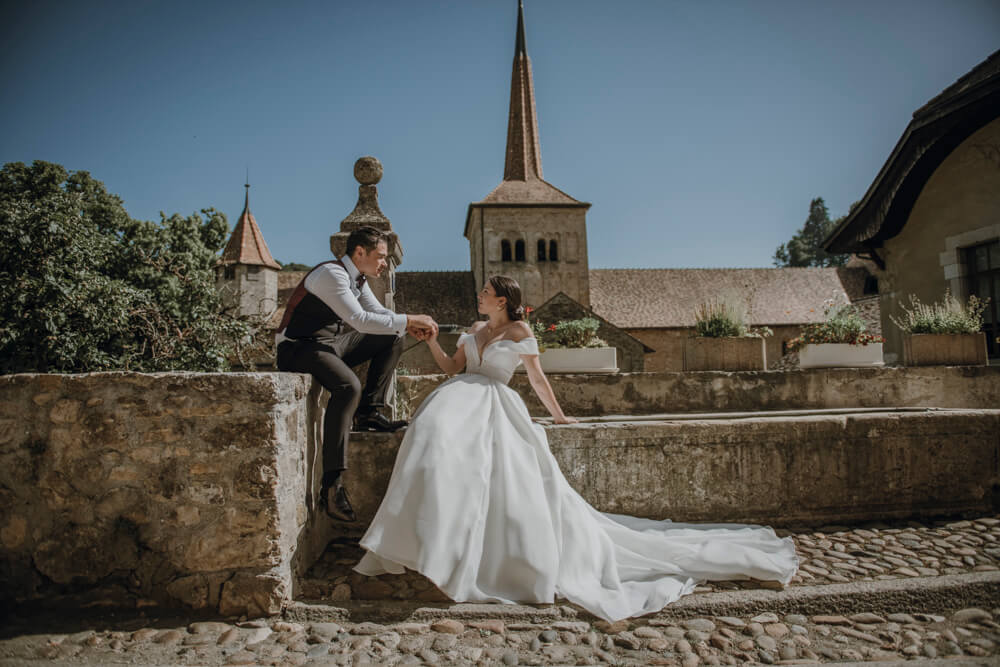How to Become a Successful Wedding Photographer – james anthony wedding photography
How to Become a Successful Wedding Photographer is the big question – Wedding photography is not merely about taking pictures; it’s about capturing the heart and soul of the event, documenting the timeless moments that paint the narrative of love, joy, and celebration. As a wedding photographer, your goal is to capture these moments that will become cherished memories for the couple and their families.
These timeless moments are fleeting and spontaneous – a teary-eyed mother watching her daughter say ‘I do’, the father-daughter dance, the laughter and camaraderie among friends and family, the loving glances between the couple, and the exuberant celebration at the reception. To capture these moments, you need to be observant, anticipating the instances that matter, and ready with your camera to freeze them in time.

Developing a keen sense of observation and intuition is essential. It requires understanding the dynamics of the event, knowing where to be at the right time, and empathizing with the couple and their loved ones. Being in tune with the emotions of the day will help you anticipate and capture these unforgettable moments in their most genuine state.
Moreover, building a good rapport with the couple before the wedding day is crucial. By understanding their story, their personalities, and their expectations, you can ensure that the essence of their unique love story is reflected in the photographs. Remember, as a wedding photographer, you are the couple’s storyteller, and your photos are the chapters of their love story.

Building a strong portfolio and acquiring a robust client base are fundamental to the success of any photographer. Here are the top ten tips to help you do just that:
- Identify Your Niche: The first step towards creating a compelling portfolio and attracting clients is to identify your niche. Are you a portrait photographer, a landscape photographer, a wedding photographer, or something else? By specializing in a particular area, you can focus your skills, develop your style, and attract clients looking for that specific kind of photography.
- Create a Strong Portfolio: Your portfolio is the most powerful tool you have to showcase your skills and style. It should only include your best work, and the images should be diverse yet cohesive, reflecting your unique perspective as a photographer. Update your portfolio regularly to show your growth and versatility.

- Establish an Online Presence: In this digital age, having an online presence is crucial. Create a professional website to showcase your portfolio. Utilize social media platforms like Instagram, Facebook, and Pinterest to reach a wider audience. SEO optimize your website and blog regularly about your work and experiences to improve your visibility on search engines.
- Network: Networking is an essential part of building a client base. Attend local events, photography workshops, and seminars. Join photography clubs and online communities. Networking can provide opportunities for collaborations, referrals, and gaining new clients.
- Customer Service: Excellent customer service can set you apart from your competition. Be professional, responsive, and friendly. Go the extra mile to make your clients feel valued. Happy clients are more likely to refer you to their friends and family.

- The Stigma of “Formulaic” Work: There’s a stereotype that wedding photography is formulaic, with the same shots at every wedding. Some photographers might feel this doesn’t offer enough creative freedom or challenge. However, this perspective overlooks the creativity involved in capturing unique moments and telling each couple’s individual love story.
- Post-Processing Workload: After the wedding, the photographer has to sort through hundreds, if not thousands, of photos to select the best ones, then edit and retouch them. This post-processing work can be time-consuming and labour-intensive.
In reality, wedding photography requires a wide range of skills, from technical photography know-how and creative vision to excellent people skills and business acumen. Those who excel in wedding photography are often highly skilled and versatile professionals.

- Request Testimonials: After a successful shoot, ask your clients for a testimonial. Testimonials provide social proof and can be powerful tools for attracting new clients. Feature these testimonials on your website and social media platforms.
- Collaborate: Collaborate with other professionals in the industry such as models, makeup artists, and stylists. Not only can these collaborations diversify your portfolio, but they can also lead to referrals.
- Offer Mini-Sessions: Mini sessions are shorter and less expensive than full sessions. They can be a great way to attract clients who might be hesitant to commit to a full session. Mini sessions can also be a great way to build your portfolio quickly. This will help you in How to Become a Successful Wedding Photographer.
- Participate in Competitions and Exhibitions: Participating in photography competitions and exhibitions can increase your visibility and credibility. Winning an award or having your work exhibited can be a great selling point for potential clients.
- Follow-Up: After a shoot, always follow up with your clients. Thank them for their business and ask for feedback. This can help you improve your services and maintain a positive relationship with your clients.

Why do some photographers shy away from wedding photography as the lesser skill set
Wedding photography can be seen as a demanding and high-pressure field, and its reputation might sometimes cause some photographers to shy away from it. However, the notion that it requires a lesser skill set is a misconception. Here are a few reasons why some photographers might shy away from wedding photography:
- High-Pressure Environment: Wedding photography often involves capturing one-time events on a very tight schedule. There are no do-overs in wedding photography; if you miss the first kiss or the bouquet toss, you can’t ask the couple to redo it. This high-pressure environment can be stressful and daunting for some photographers.
- Challenging Lighting Conditions: Weddings can present a wide range of lighting situations, from dimly lit churches to outdoor receptions at dusk, and the photographer needs to be adept at handling all of them. This requires a deep understanding of lighting techniques and equipment, which can be challenging for some photographers.
- People Management Skills: A wedding photographer doesn’t just take photos; they also need to direct a large group of people, work with various personalities, and sometimes deal with high-stress situations, all while staying calm and professional. Not all photographers are comfortable or skilled in this aspect.
- High Pressure: Weddings are high-stakes, one-time events. There’s no opportunity for a reshoot if something goes wrong, or if a key moment is missed. This pressure can be daunting for some photographers.
- Long Hours: Wedding photography often involves long, exhaustive hours of continuous work, from early morning preparation shots to late-night reception festivities. Some photographers may prefer shorter, more controlled photoshoot sessions.
- Complex Lighting Conditions: Weddings can take place in a variety of venues, from dark churches to outdoor spaces with harsh sunlight or even transitioning to low light in the evening. Handling such a range of lighting conditions can be challenging.
- People Management: A wedding photographer needs to interact with a large number of people, including the couple, their families, guests, and other vendors. They often need to direct large groups for portraits and handle various personalities, which can be stressful for those who are not comfortable with this aspect of the job.
- Editing Workload: After the wedding, the photographer needs to cull and edit hundreds or even thousands of photos, which is a time-consuming process.
- Creativity Constraints: Some photographers may feel that wedding photography is formulaic, with expectations for certain types of shots, limiting their creative freedom.
- Business Demands: Running a successful wedding photography business involves not just photography skills, but also marketing, sales, customer service, and other business operations. Not all photographers want to take on these additional responsibilities.
- Equipment Costs: Wedding photography often requires a significant investment in high-quality, reliable equipment (often needing backups), which can be a barrier for some.


